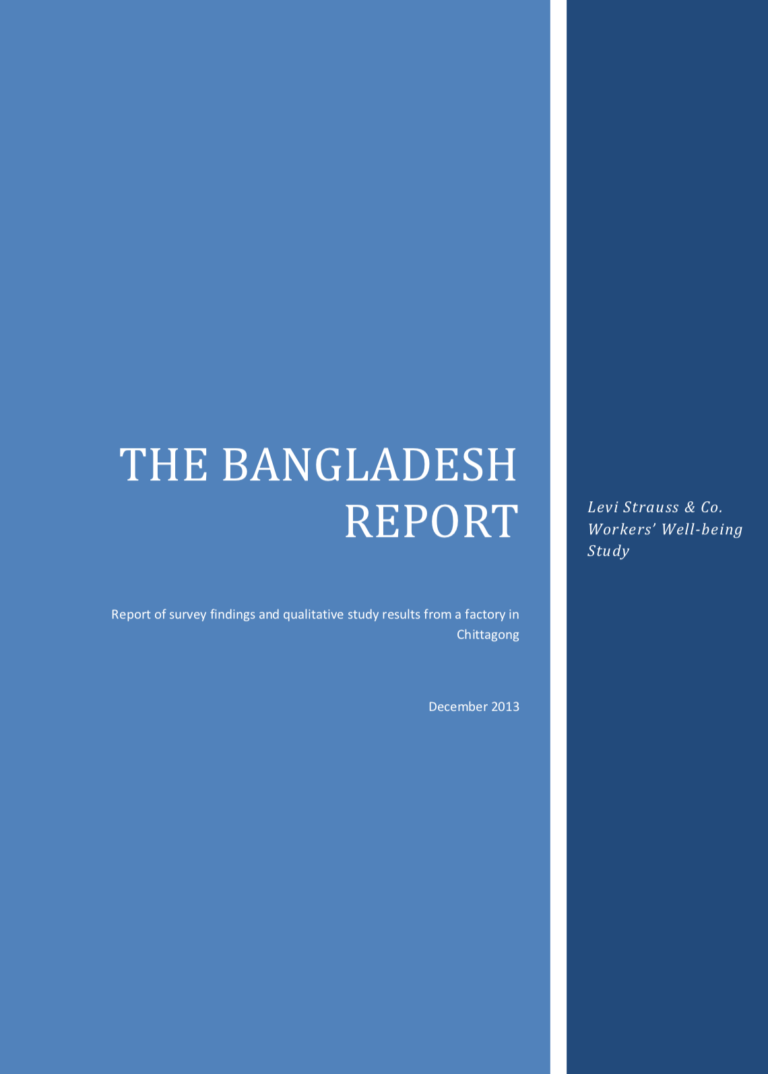Beyond Awareness: Learning from Local Experiences to Move Forward in Fighting Human Trafficking, A Regional Study on Local Perceptions of Human Trafficking In South And Southeast Asia
PublicationsThis report presents findings from a multiple case study of how human trafficking is perceived and experienced in seven local communities in five countries in South and South-East Asia. The aim of the report is to explore and understand local ex...Read More

